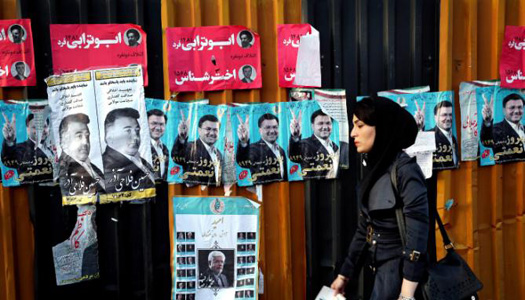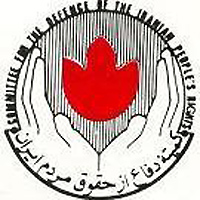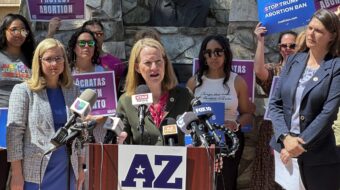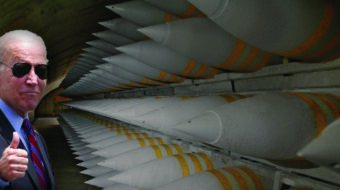
Media coverage of the parliamentary elections in the Islamic Republic of Iran over the last few weeks has been remarkable for the absence of criticism of the theocratic regime, its human rights record, and its role as one of the world’s leaders in terms of capital punishment.
The casual observer could be forgiven for thinking that the reports were covering the electoral contest of a parliamentary democracy, where the usual rules of free speech, freedom of association, and freedom of assembly would apply. Such an observer could also be fooled into believing that the characterization of the division between liberals and hardline conservatives would bear some resemblance to the everyday use of such terms in Western democracies.
Nothing could be further from the truth.
As has been reported previously in this publication, all elections in Iran are severely restricted. Thousands had their candidacy rejected out-of-hand. No leading politician with a progressive or known pro-reform stance was allowed to contest the elections. Those members of the outgoing parliament who were deemed as too troublesome and critical also found themselves disqualified from running again.
Media reports have made much of the fact that 14 members of the 290 strong parliament will be women. Originally 1400 women had registered to run in the elections. However, the restrictions in the selection process mean that, in spite of a small percentage of women being elected, they will not be in a position to make significant changes. Forty percent of women, the most able and active campaigners among the pro-reform candidates, were disqualified and didn’t make it onto the ballot.
Those women who have been in parliament over the past three decades have either confined their contributions to ‘female’ family issues or, where they have been more outspoken, they have been batting for the fundamentalist faction against women’s rights and gender equality.
Despite the campaign promises of President Rouhani to eliminate gender discrimination, the current government has not established a ministry for women’s affairs. Within the cabinet, all key ministerial positions are filled by men, while women hold subordinate roles as deputies or advisors and as heads of governors’ offices.
The limitations of ‘opposition’ within the elections have been made clear, with Supreme Leader Ayatollah Khamenei stating categorically “those who are not for the Islamic Republic can vote, but they cannot be a candidate.” For all intents and purposes, all candidates are, in effect, supporters of the regime. There is no parliamentary opposition.
Evidence from opposition forces in Iran, forced to operate underground, suggests that turnout in the capital, Tehran, was only 50 percent of those eligible to vote, with this pattern being repeated across key areas such as the restive Western province of Kurdestan. Sources also suggest that those from working class areas such as the province of Alborz, in central Iran, and young people did not vote in significant numbers. The result of the election appears to be one that reflects the desires of the relatively safe, relatively conservative middle classes of the Islamic Republic, who have no interest in radical change from the current established order.
Since his election in 2013, Rouhani has claimed that he wanted to put in place reforms regarding fundamental freedoms, the release of political prisoners, and end the house arrest of two presidential candidates who ran in 2009, Mehdi Karroubi and Hossein Mousavi. However, there has been no positive change concerning these issues.
The solidarity organisation, the Committee for the Defence of the Iranian People’s Rights (CODIR), has consistently suggested that if Iran is willing to negotiate with world powers and make concessions such as freeing foreign prisoners, it should make similar concessions in the domestic arena.
The smoke and mirrors employed by the Western media regarding elections in Iran must not be allowed to divert labor and human rights activists from the reality of life in the Islamic Republic. For those struggling to establish basic democratic rights in Iran, solidarity action to expose their plight is now needed more than ever.
Photo: An Iranian woman walks past electoral posters of parliamentary election candidates on a sidewalk in downtown Tehran, Iran. | Ebrahim Noroozi/AP

MOST POPULAR TODAY


Zionist organizations leading campaign to stop ceasefire resolutions in D.C. area

High Court essentially bans demonstrations, freedom of assembly in Deep South

Afghanistan’s socialist years: The promising future killed off by U.S. imperialism

Communist Karol Cariola elected president of Chile’s legislature






Comments